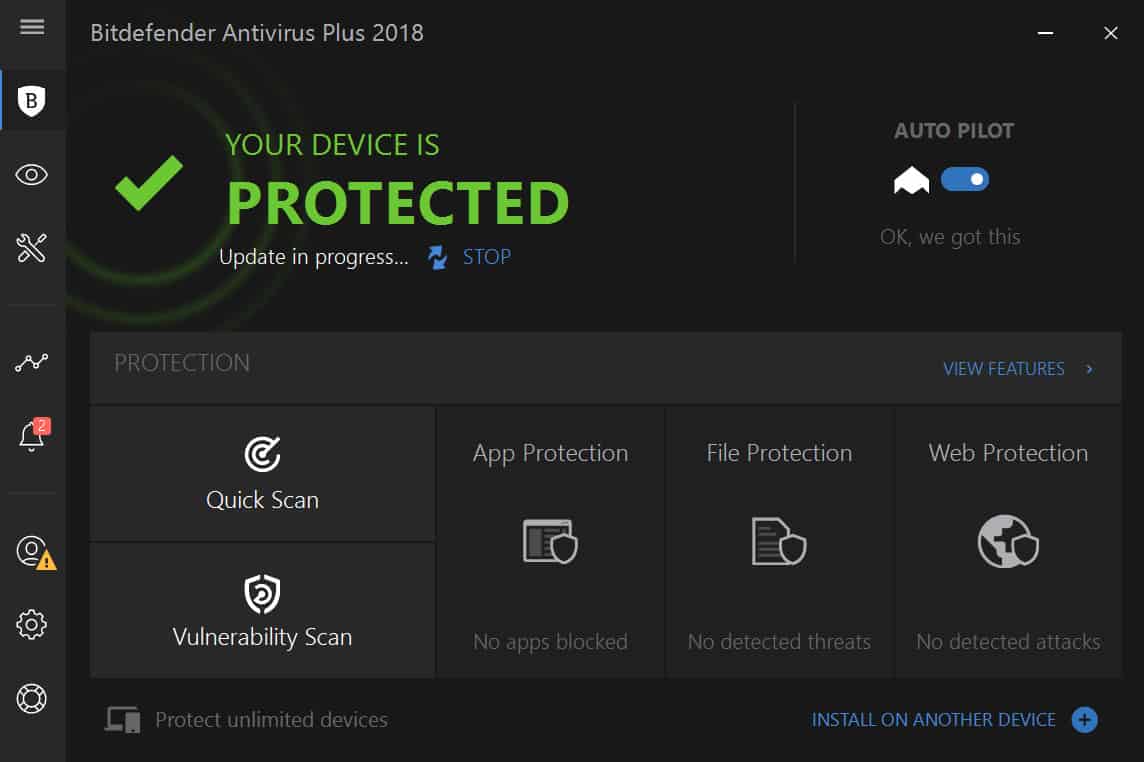

So only tap ‘Allow’ when first prompted if you are sure you trust the app. See our roundup of the best antivirus software for more recommendations.Īnd if you’re worried about apps using your device’s camera or microphone to spy on you, then remember that all apps must ask your permission to access the camera, microphone, your contacts, photos and other things. Most security apps, and certainly the three mentioned here, work across iPhone, iPad, Android, Windows and macOS, so it makes sense to install the same one on all your devices for convenience, as well as because it’s always the cheapest way to protect them. Here are the best antivirus apps for Android. It’s worth noting that Android phones can get viruses, so you have both an iPhone and Android, you should install an antivirus app on your Android phone as soon as possible. This is one reason why you shouldn’t ignore the reminders that a new version of iOS is available. Any potential vulnerabilities in iOS are usually fixed in the latest software update. And that’s why a cross-platform password manager is so valuable.īesides installing a reputable security app, keep it updated. Yes, but iCloud Keychain won’t sync those logins to your Windows laptop or any other non-Apple device you use. Installing a good quality security app on your iPhone can avoid this situation by remembering separate passwords for each of your accounts, and entering them automatically whenever you need to log in.Īh, but iPhones do this anyway you say. Since you use the same password, the hackers might have access to your bank account or, failing that, another site where you’ve stored your payment details. What would then happen is what’s called credential stuffing: trying that email address and password combination in a bunch of other websites to see if they work. Yours, along with others, would be available to the highest bidder.

Imagine that just one of those sites got hacked and it hadn’t encrypted its users’ passwords. They’re becoming ever-more sophisticated, but modern “antivirus” software can help to protect you – even on an iPhone or iPad.Ī lot of the time, these apps are protecting you from yourself! For example, do you use the same password and email address to log into lots of different websites? Millions do, but it is a massive security risk. They also know that it’s far easier to trick you into handing over your password, ID information and payment details which, ultimately, is what they really want.Īnd this is why there are so many text scams, fake websites and dodgy links on social media. Scammers, cybercriminals – call them what you want – know that it’s extremely difficult to write a virus that will compromise your iPhone. However, before you close this tab and carry on your merry way, that’s not the end of the story.


 0 kommentar(er)
0 kommentar(er)
